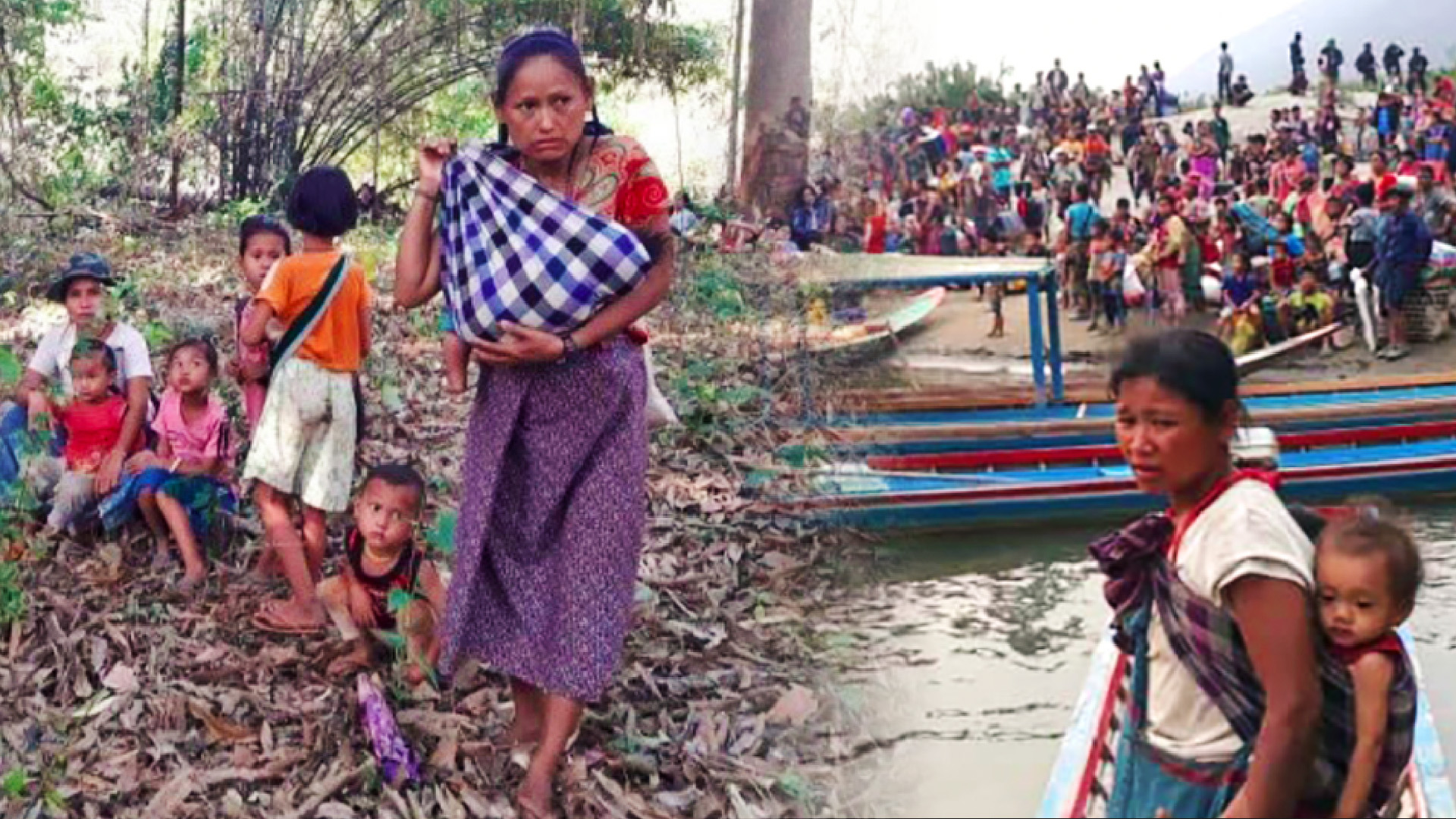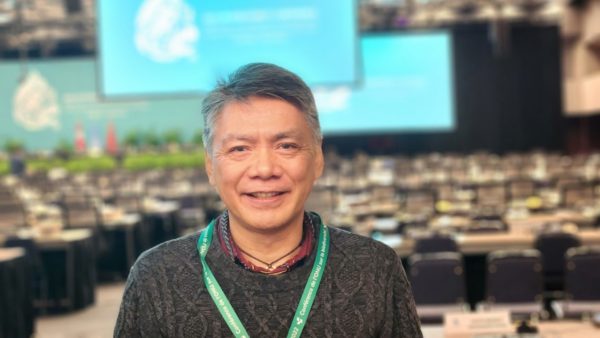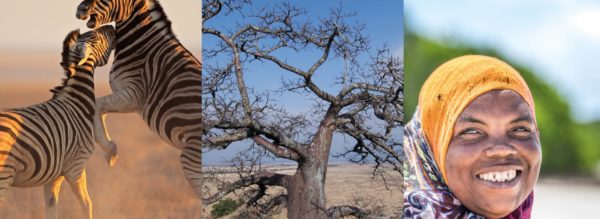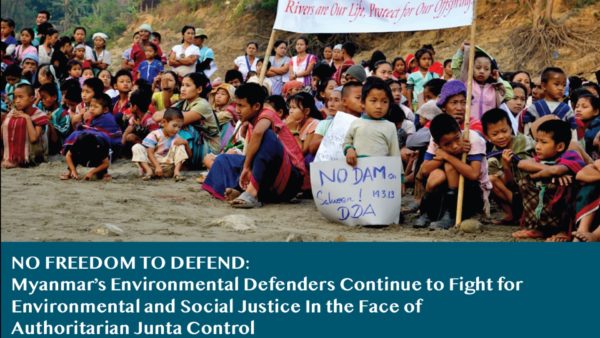The adverse effects of UCMs starkly contradict their purported objectives of promoting human rights and democracy; these measures, which are supposed to uphold these values, undermine them
First published on 10/17/2024, and last updated on 08/05/2025
By Hanieh Moghani
Indigenous and Community Conserved Areas—ICCAs, also known as territories of life, are not just vital, but indispensable for biodiversity conservation, cultural heritage preservation, and sustainable ecosystem services. However, the Indigenous Peoples who sustain and defend these territories face significant challenges in accessing funds due to Unilateral Coercive Measures (UCMs) and armed conflict.
Powerful nations unilaterally impose UCMs, including economic sanctions, trade restrictions, and financial embargoes, to influence the policies and governance of targeted countries. These measures often aim at regime change, policy manipulation, and economic control.
However, the impact of these measures is not confined to political objectives. It extends far beyond, severely affecting Indigenous communities’ access to essential resources and funds crucial for sustaining ICCAs.
UCMs create substantial economic hardships by reducing funding availability and restricting access to international banking systems. For instance, sanctions on Iran have led to shortages of essential goods and financial resources, disproportionately affecting Indigenous populations, including those managing ICCAs.
Similarly, in Venezuela, economic sanctions have exacerbated the economic crisis, severely limiting funds for Indigenous communities and conservation projects vital for ICCAs.
The adverse effects of UCMs starkly contradict their purported objectives of promoting human rights and democracy. These measures, which are supposed to uphold these values, undermine them. They restrict access to essential medicines and medical supplies, impede economic development, increase poverty, and disrupt social and economic stability, disproportionately affecting vulnerable populations, including Indigenous Peoples.
For example, sanctions on Cuba have led to economic stagnation and shortages of essential goods, directly impacting ordinary citizens’ quality of life and environmental governance’s sustainability.
Armed conflict further exacerbates the challenges faced by Indigenous communities in accessing funds. Conflict disrupts governance and infrastructure, leading to the destruction of essential facilities and forced displacement. Security risks and resource diversion make fund disbursement and project implementation difficult, undermining the conservation efforts within ICCAs.
In Colombia, Indigenous territories are often caught in a conflict between government forces and armed groups, leading to funding challenges as international and local funds are redirected to conflict mitigation rather than the conservation of ICCAs.
Similarly, in the Democratic Republic of the Congo (DRC), control over mineral-rich Indigenous territories by armed factions restricts access to funds for community projects, impacting the management of ICCAs.
Addressing these challenges requires a multifaceted approach. Strengthening international legal and policy frameworks can protect Indigenous territories and ensure uninterrupted funding for ICCAs. Creating flexible funding mechanisms that can operate under sanctions and conflict conditions is essential.
Initiatives like the Global Environment Facility (GEF) Small Grants Programme and the UNDP’s Equator Initiative provide adaptable funding options and support local sustainable development solutions within ICCAs.
Recommendations
- Advocacy for Policy Changes: Lobby for international policy reforms to mitigate the impact of UCMs on Indigenous funding, particularly for ICCAs.
- Development of Conflict-Resilient Funding Mechanisms: Create funding models to adapt to conflict situations, ensuring continued support for ICCAs.
- Enhanced Monitoring and Reporting: Strengthen mechanisms to monitor the impact of UCMs and conflict on Indigenous funding and report to international bodies, with a focus on preserving ICCAs.
UCMs and armed conflict significantly hinder Indigenous Peoples’ direct access to funds, impacting their ability to sustain and defend ICCAs—territories of life. International collaboration and policy reforms are crucial to developing resilient funding mechanisms and supporting Indigenous communities in their conservation efforts.
References
- Sanctions and Economic Hardships, United Nations, 2023
- Impact of Economic Sanctions on Venezuela Human Rights Watch, 2022
- Healthcare Shortages in Sanctioned Nations, World Health Organization, 2023
- Economic Impact of U.S. Embargo on Cuba, Amnesty International, 2022
- Conflict and Indigenous Territories in Colombia, International Crisis Group, 2023
- Resource Conflicts in the DRC, Global Witness, 2023
- Global Environment Facility Small Grants Programme, GEF, 2022
- UNDP Equator Initiative, United Nations Development Programme, 2023
About the author
Hanieh Moghani is a senior legal advisor at CENESTA (Member of the ICCA Consortium). She is an Indigenous advocate, legal counsel, community facilitator, educator, and activist working at the interface of science, policy, and society. She is an expert in developing political, economic, and systems analysis models for complex problems involving water, biodiversity, food, climate, and the environment to derive policy, law, and governance insights.



